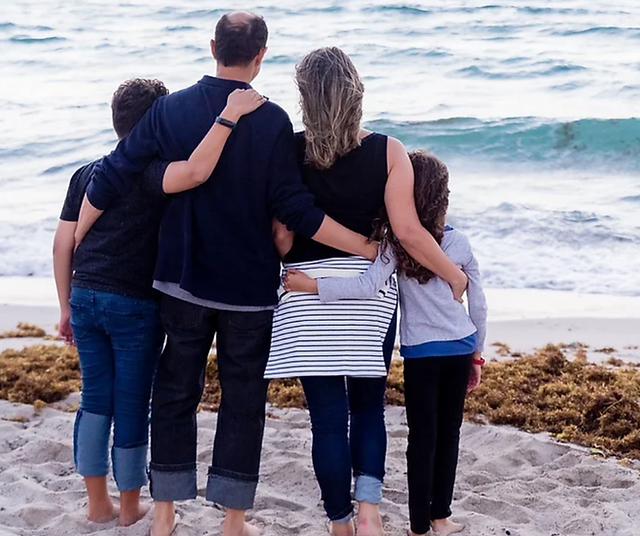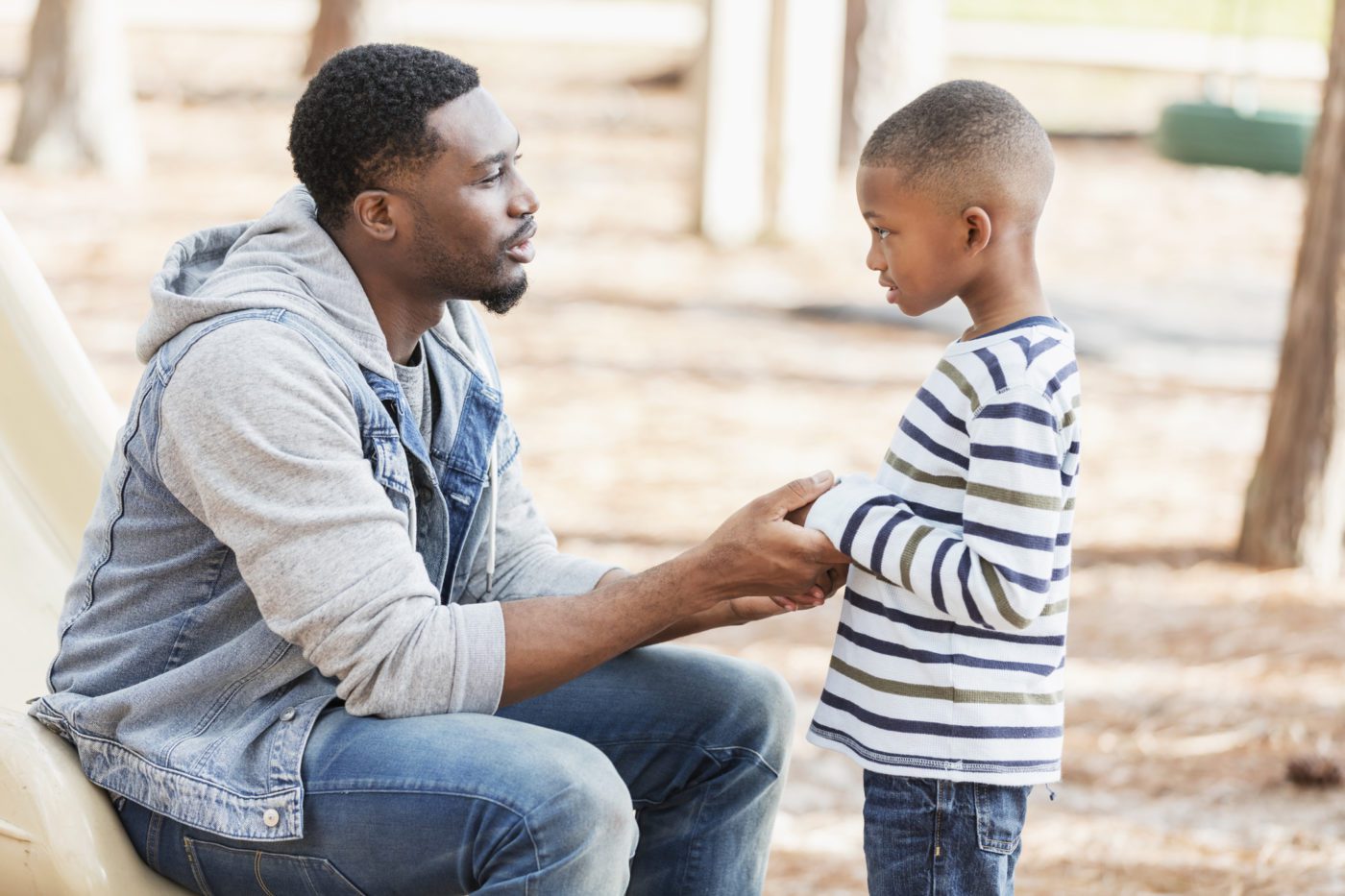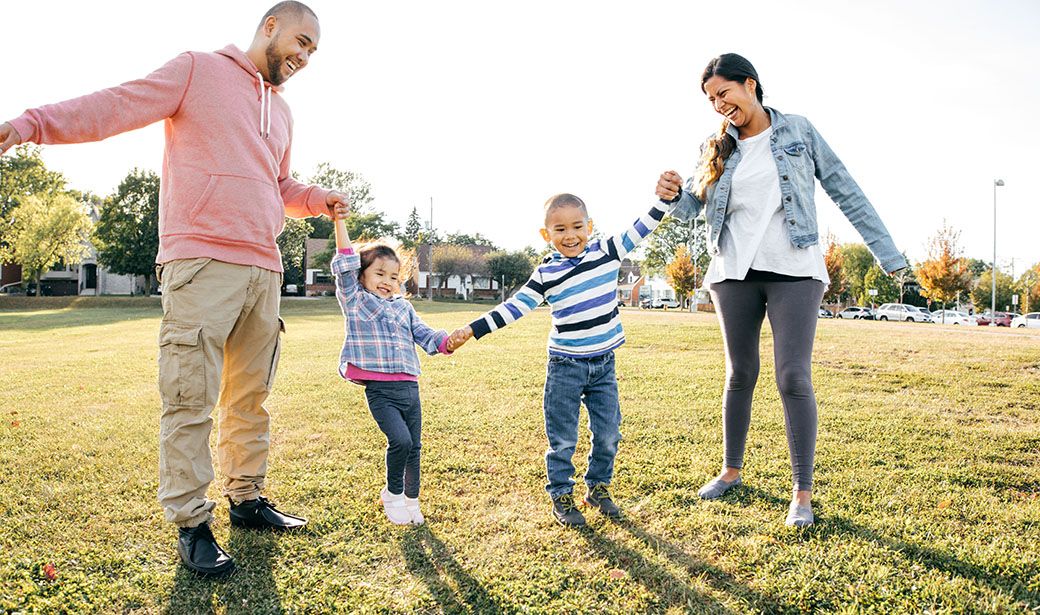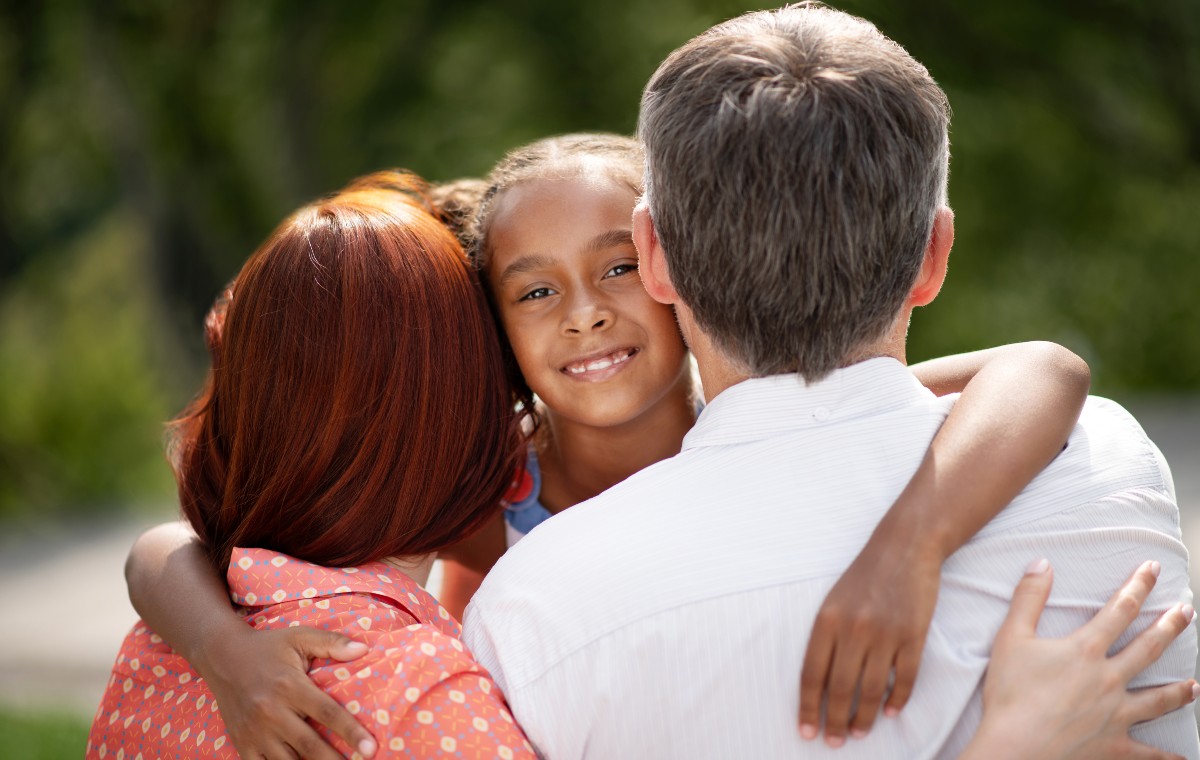Three Healing Steps in Parenting After Child Loss
Getting through the heart-wrenching journey following the loss of a child requires acknowledging your pain, seeking support from loved ones, and embracing self-compassion. Recognize that it’s okay to feel a range of emotions and allow yourself to grieve in your own time. Lean on family and friends for comfort and understanding in this difficult time. Be gentle with yourself, prioritize self-care, and consider seeking therapy for essential support. These steps are crucial in your healing process, offering solace and a path towards emotional well-being and resilience.
Key Takeaways
- Seek support from family and friends for emotional healing.
- Practice self-compassion and prioritize self-care routines.
- Honor your child’s memory through meaningful rituals and celebrations.
- Engage in therapy or counseling for personalized support.
- Find solace in community connections for shared understanding.
Acknowledge the Pain

To start healing after the loss of a child, it’s essential to first acknowledge the deep pain you’re experiencing. The emotional healing process is a unique and personal journey, and it’s okay to feel overwhelmed by the intensity of your grief. Recognizing and accepting the profound sadness, anger, guilt, and confusion that come with losing a child is an important step towards healing.
In your grief journey, it’s normal to experience a range of emotions that may seem contradictory or unpredictable. Allow yourself to feel these emotions without judgment or guilt.
It’s important to remember that healing takes time and that there’s no right or wrong way to grieve. By acknowledging the pain you’re feeling, you’re giving yourself permission to begin the healing process.
Seek Support From Loved Ones
You aren’t alone in this journey of healing. Your family can be the solid pillar to lean on, offering comfort and understanding during this difficult time.
Friends can also provide a listening ear, allowing you to share your thoughts and emotions openly.
Family as Pillar
Leverage the strength of your family as an important support system during this challenging journey of healing after the loss of a child. Your family can play a vital role in building resilience and strengthening bonds as you navigate through this difficult time.
In times of grief, your family members are the ones who understand your pain intimately. They can provide a sense of comfort and familiarity that’s unmatched. Sharing your feelings with them can help alleviate some of the emotional burden you carry.
Lean on one another for support, whether it’s through heartfelt conversations, shared memories, or simply being present together in silence.
Friends’ Listening Ears
Harness the empathetic ears of your friends as a source of comfort and understanding as you navigate the journey of healing after the loss of a child. Friends can provide invaluable grief support during this challenging time, offering a safe space for you to express your emotions and thoughts without judgment.
Sharing your feelings with friends who are willing to listen can help lighten the burden you carry and aid in your healing journey.
It’s essential to lean on your friends for emotional support as you grieve the loss of your child. Talking to them about your feelings, memories, and struggles can provide a sense of relief and connection.
Friends who lend their listening ears can offer perspectives and insights that may help you process your emotions and cope with your grief.
Remember that it’s okay to seek comfort and solace from those closest to you. Your friends want to help and be there for you during this difficult time.
Allow them to be a part of your healing journey by opening up and accepting the support they offer.
Embrace Self-Compassion
You deserve kindness and understanding during this difficult time.
By practicing self-care routines, seeking support from others, and prioritizing your emotional well-being, you can start to heal and cope with your loss.
Remember to treat yourself with the same compassion and love that you’d offer to a dear friend facing a similar situation.

Practice Self-Care Routines
In the journey of healing after experiencing the loss of a child, embracing self-compassion through practicing self-care routines is an essential step towards finding solace and strength.
Taking care of yourself isn’t a selfish act; it’s crucial for personal growth and maintaining good mental health during this challenging time. Engaging in self-care activities, such as exercise, journaling, meditation, or spending time in nature, can help you nurture your emotional well-being and cope with the immense grief you’re facing.
Creating a routine that prioritizes self-care allows you to carve out moments of peace and reflection in your day. Whether it’s setting aside time for a warm bath, reading a book that brings you comfort, or simply going for a walk to clear your mind, these small acts of kindness towards yourself can have a profound impact on your healing journey.
Seek Support From Others
When facing the profound grief of losing a child, seeking support from others is an essential step in embracing self-compassion and journeying through the healing process with care and understanding.
During this challenging time, remember that you aren’t alone. Consider joining support groups, attending counseling sessions, or participating in group therapy to connect with individuals who’ve experienced similar loss. These avenues provide a safe space to share your feelings, gain insights from others, and receive emotional support.
Additionally, online forums can offer a valuable platform for expressing your thoughts anonymously and receiving encouragement from a wider community. Engaging with others who understand your pain can help you navigate the complexities of grief and find solace in shared experiences.
Prioritize Emotional Well-Being
To prioritize your emotional well-being during the healing process after child loss, embracing self-compassion is vital. Grief counseling can provide a safe space to navigate the complex emotions that come with such a devastating loss. Remember, it’s okay to seek professional help when needed; processing your grief is essential for emotional healing.
Self-compassion involves treating yourself with kindness and understanding, acknowledging your pain without judgment. It’s normal to experience a range of emotions, from deep sadness to anger, so be patient with yourself as you navigate these feelings.
Allow yourself to grieve in your own way and at your own pace. Embracing self-compassion means accepting that healing isn’t a linear process; there will be good days and bad days. Surround yourself with supportive friends and family who can offer comfort and understanding. Remember, you aren’t alone in this journey of healing.
Honor Your Child’s Memory

As you navigate the healing process in parenting after the loss of your child, one essential step is to find meaningful ways to honor their memory. Celebrating milestones and creating rituals can provide comfort and help keep their memory alive in your heart and home.
One way to honor your child’s memory is by celebrating their milestones, such as birthdays, holidays, or significant anniversaries. You can mark these occasions by doing something special that reminds you of your child, like releasing balloons with messages to the sky or lighting a candle in their honor. These acts can serve as a way to connect with your child’s spirit and remember the joy they brought into your life.
Creating rituals can also be a powerful way to keep your child’s memory alive. Whether it’s setting up a memory corner with photos and mementos, planting a tree in their honor, or dedicating a special day each month to reminisce about happy memories, these rituals can provide a sense of continuity and comfort in your grieving process.
Engage in Therapy or Counseling
Consider seeking out therapy or counseling to support you through the grieving process of losing your child, as it can provide valuable tools and guidance for maneuvering this difficult journey.
Group therapy offers a space to connect with others who understand your experience, fostering a sense of community and shared understanding.
Individual counseling provides personalized support tailored to your specific needs, allowing you to explore your feelings and develop coping strategies at your own pace.
Online resources can be beneficial if you prefer the convenience of accessing support from home. Many websites offer grief counseling services, forums, and information to help you navigate this challenging time.
Additionally, local services such as support groups or counseling centers can provide face-to-face interactions and a sense of belonging within your community.
Practice Self-Care and Self-Reflection

Engaging in regular self-care practices and self-reflection can be vital for your healing journey after experiencing the loss of a child. Taking care of yourself emotionally and mentally is essential during this challenging time. Consider incorporating journal therapy into your routine.
Writing down your thoughts and feelings can help you process your emotions and gain clarity. It allows you to express yourself freely and track your progress in healing.
Additionally, practicing meditation can provide a sense of calm and inner peace. Taking a few moments each day to sit quietly, focus on your breath, and let go of any tension can help you cope with grief and reduce stress. Meditation offers a space for you to be present in the moment and connect with your inner self.
Find Solace in Community Connections
To find solace in community connections after experiencing the loss of a child, reaching out to others who understand your journey can provide comfort and understanding.
Community gatherings offer a safe space to share your emotions, connect with individuals who’ve gone through similar experiences, and gain support from a network of people who genuinely care. Attending these gatherings can help you feel less isolated and remind you that you aren’t alone in your grief.
Additionally, online forums can be a valuable resource for finding community support from the comfort of your own home. These forums provide a platform to engage with other parents who are managing the complexities of child loss.
Engaging in discussions, sharing stories, and offering words of encouragement can foster a sense of belonging and offer a virtual shoulder to lean on during difficult times.
Explore Creative Outlets for Healing

Exploring creative outlets can be a meaningful way to navigate the healing process following the loss of a child. Engaging in activities like art therapy and journaling can provide a safe space to express complex emotions and memories.
Art therapy allows for the release of pent-up feelings through creative expression, while journaling offers a private outlet for reflection and processing grief.
Music therapy is another powerful tool for healing. Listening to or creating music can evoke emotions that may be hard to express verbally. It can serve as a source of comfort and connection during difficult times.
Gardening is also a therapeutic outlet that allows for quiet contemplation and a connection to nature. Cultivating plants and spending time outdoors can provide a sense of peace and renewal.
Frequently Asked Questions
How Can I Navigate the Challenges of Parenting My Other Children While Grieving?
You can navigate the challenges of parenting your other children while grieving by prioritizing sibling support and finding balance. Communicate openly, seek help when needed, and remember to take care of yourself too.
Is It Okay to Feel Moments of Joy or Happiness Amidst the Pain?
It’s absolutely okay to feel moments of joy or happiness amidst the pain. Finding balance in your emotions is essential for your emotional wellbeing. Remember, coping strategies help navigate feelings of guilt and happiness, allowing healing to begin.
What Are Some Ways to Include My Child’s Memory in Family Traditions?
You can honor your child’s memory by incorporating memorial activities and remembrance rituals into holiday traditions and special occasions. Keeping their spirit alive through these heartfelt gestures can bring comfort and connection to your family.
Can Therapy or Counseling Really Help Me Cope With My Grief?
Yes, therapy and counseling can truly help you cope with your grief. They provide coping strategies, support groups, and guide you in self-care practices to aid in the healing process. Seeking help is a brave step towards healing.
How Do I Handle Well-Meaning but Potentially Hurtful Comments From Others?
When handling well-meaning but hurtful comments, set boundaries kindly but firmly. Practice self-care strategies like mindfulness, journaling, or seeking support from understanding individuals. Remember, it’s okay to prioritize your emotional well-being during this challenging time.
Conclusion
Remember, healing after the loss of a child is a journey that takes time and patience. By acknowledging your pain, seeking support from loved ones, and embracing self-compassion, you’re taking important steps towards healing.
Remember to honor your child’s memory, engage in therapy or counseling, practice self-care, and find solace in community connections.
You aren’t alone in this journey, and there are resources and people who can support you along the way. Stay strong and take care of yourself.

Hey there! 👋 I’m a proud mom and passionate writer, sharing my parenting journey. 📝 Join me as I navigate the ups and downs of motherhood, offering tips, advice, and a sprinkle of humor along the way. 🌟







